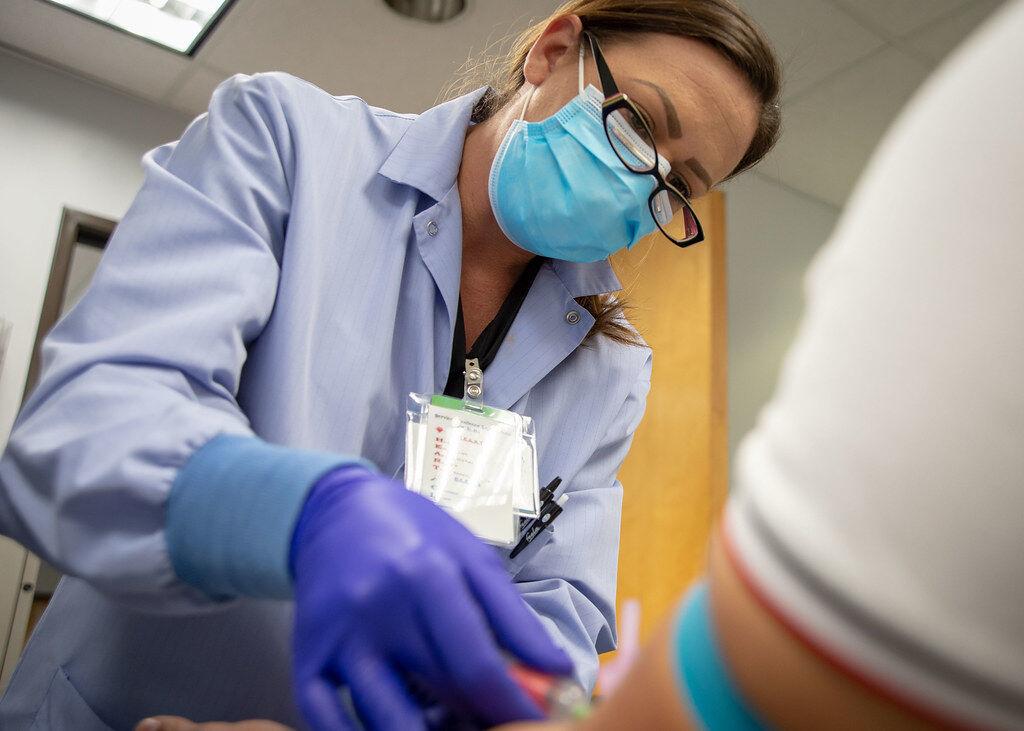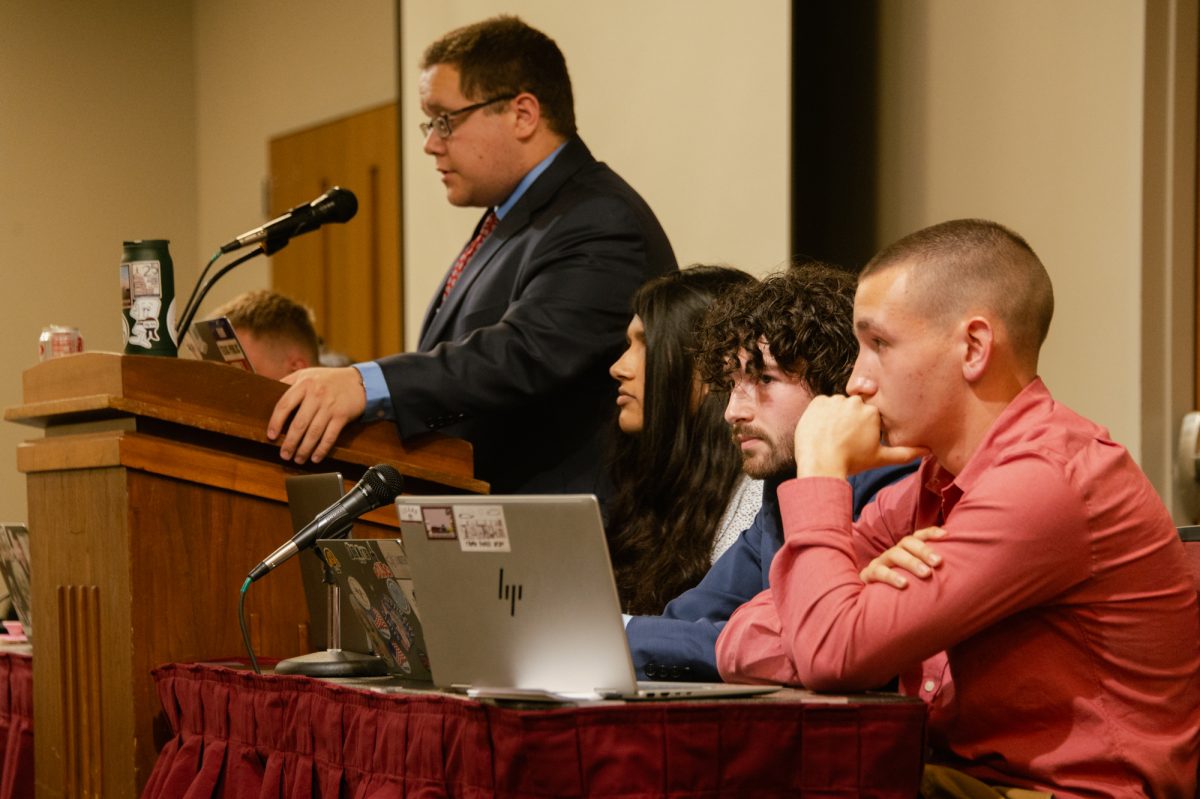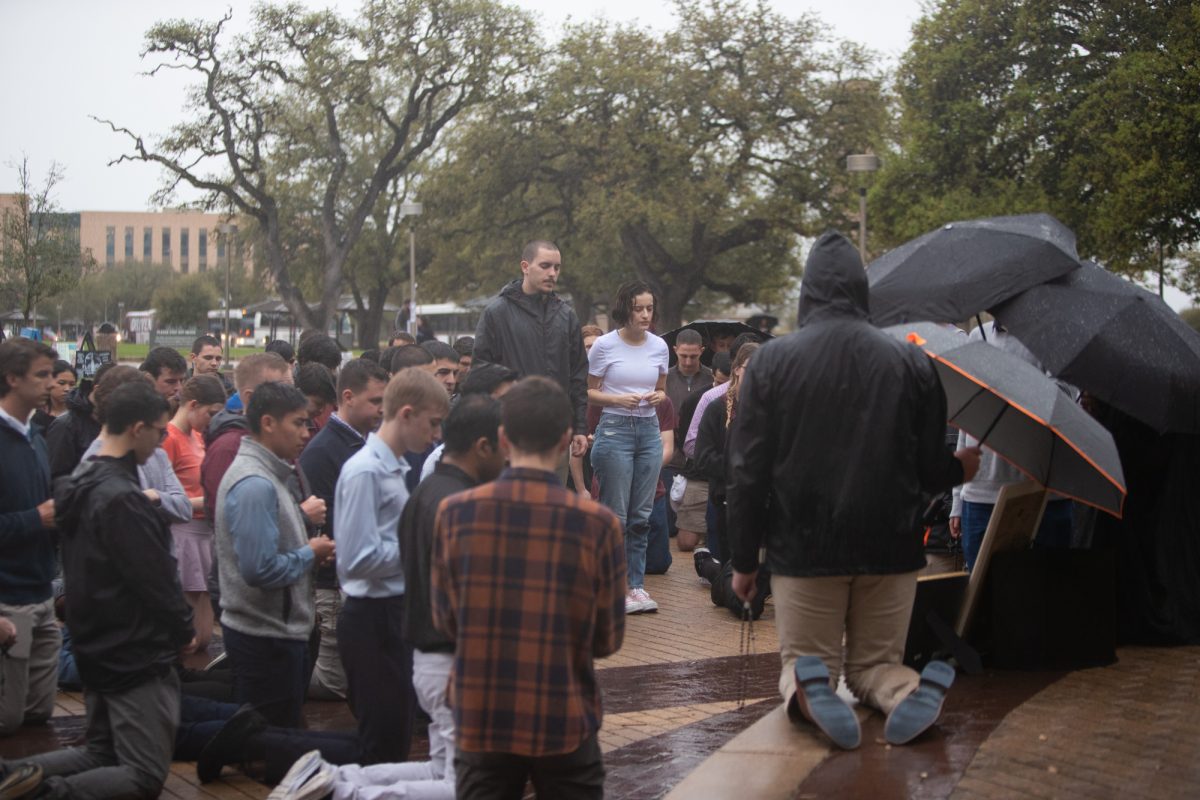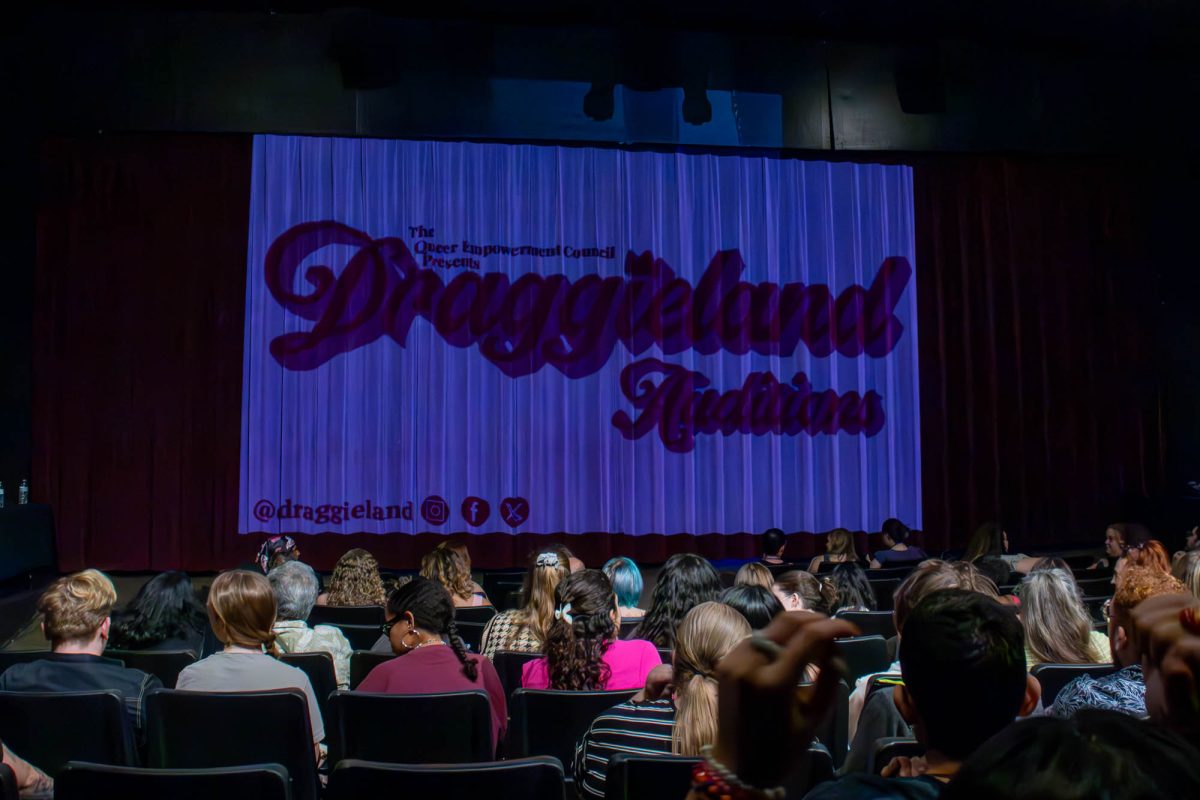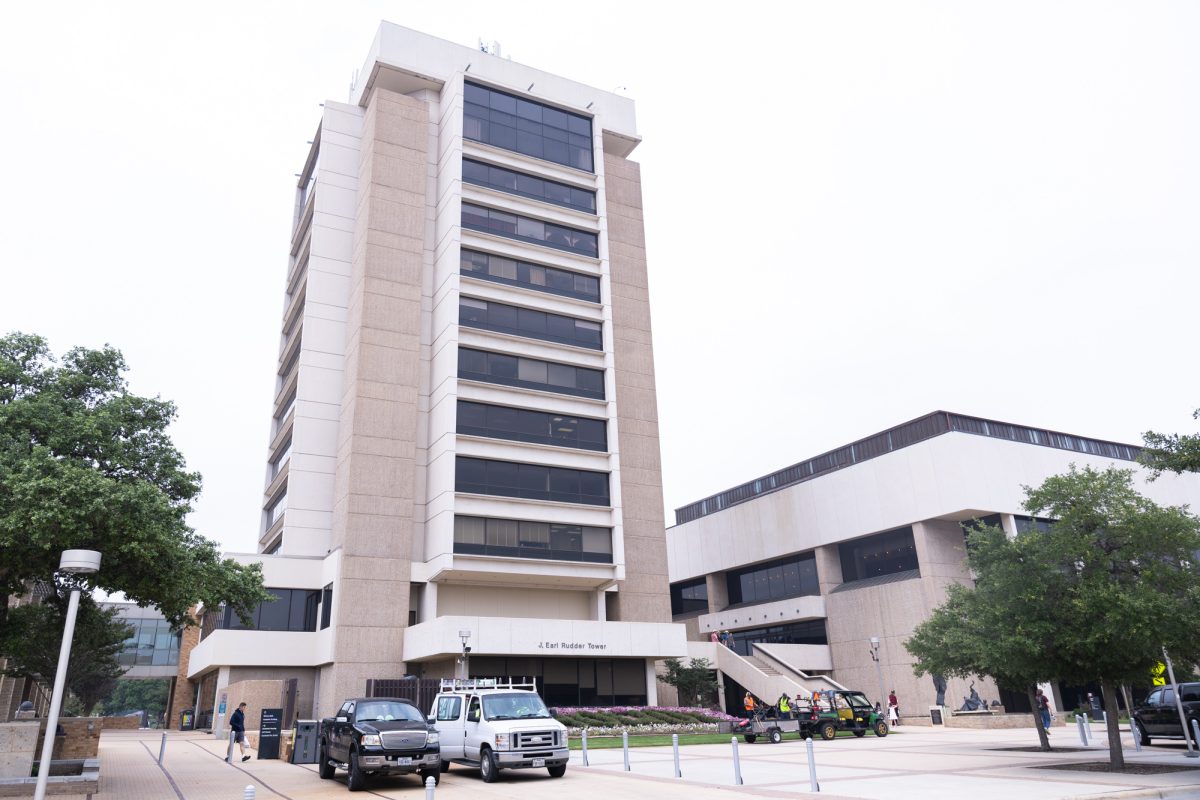On Sept. 22, the Food and Drug Administration, FDA, gave official approval for those over the age of 65 and those at high risk to receive a booster shot of the Pfizer-BioNTech COVID-19 vaccine. This is the first vaccine to be formally approved for a third shot.
Asim Abu-Baker, Ph.D., associate dean for Clinical and Professional Affairs at Texas A&M, said the protection of the vaccine has decreased over time for those who have been vaccinated.
“To give you some numbers with the Pfizer vaccine, the efficacy falls from 96 to 84 percent over a six month period,” Abu-Baker said.
The booster shot can help raise the efficacy of the vaccine, Abu-Baker said.
“You see a five times greater boost in immunity when you give [someone] that booster dose,” Abu-Baker said. “Or an 11 times more immunity when you talk about older patients, 65 to 85.”
Booster shots may become available to more of the population within the coming months, Dr. Julian Leibowitz, professor of microbial pathogenesis and immunology at the A&M College of Medicine, said.
“It’s also likely that we’ll see not only more people who have had the Pfizer vaccine be able to get booster shots, but Moderna and [Johnson & Johnson] may also be approved for booster shots in the future,” Leibowitz said.
Third doses will also help combat the spread of COVID-19, Leibowitz said.
“If you cut down the number of people who are actually infected, you cut down the transmission events,” Leibowitz said. “So, that will be very helpful for everyone, as well as protecting people from getting sick.”
While the third dose will help mitigate spread in the U.S., the reservation of a third shot may put a greater strain on the distribution of vaccines to less wealthy countries, Abu-Baker said.
“I think that a booster vaccine surge, if you were to vaccinate with boosters a lot more, is going to definitely amplify that kind of inequality in vaccines,” Abu-Baker said.
Aub-Baker also pointed out the United States is currently a world leader for donating vaccines.
“As of Sept. 22, the U.S. donated approximately 140 million doses, and there are plans to donate another 500 million doses,” Aub-Baker said.
Vaccine education is also an important factor in getting Americans vaccinated and A&M is doing it’s part, Cynthia Weston, associate dean for clinical and outreach affairs at the A&M College of Nursing, said.
“There have been very targeted efforts at Texas A&M and working with our state agencies to help fill those gaps and provide the education and the access to vaccinations in those rural and underserved areas,” Weston said.
However, getting Americans vaccinated still remains the greatest factor when it comes to ending the pandemic, Weston said.
“The take home message is vaccines save lives and we know that, we know this it is the most effective way to boost the immune system and provide the best defense possible,” Weston said.




